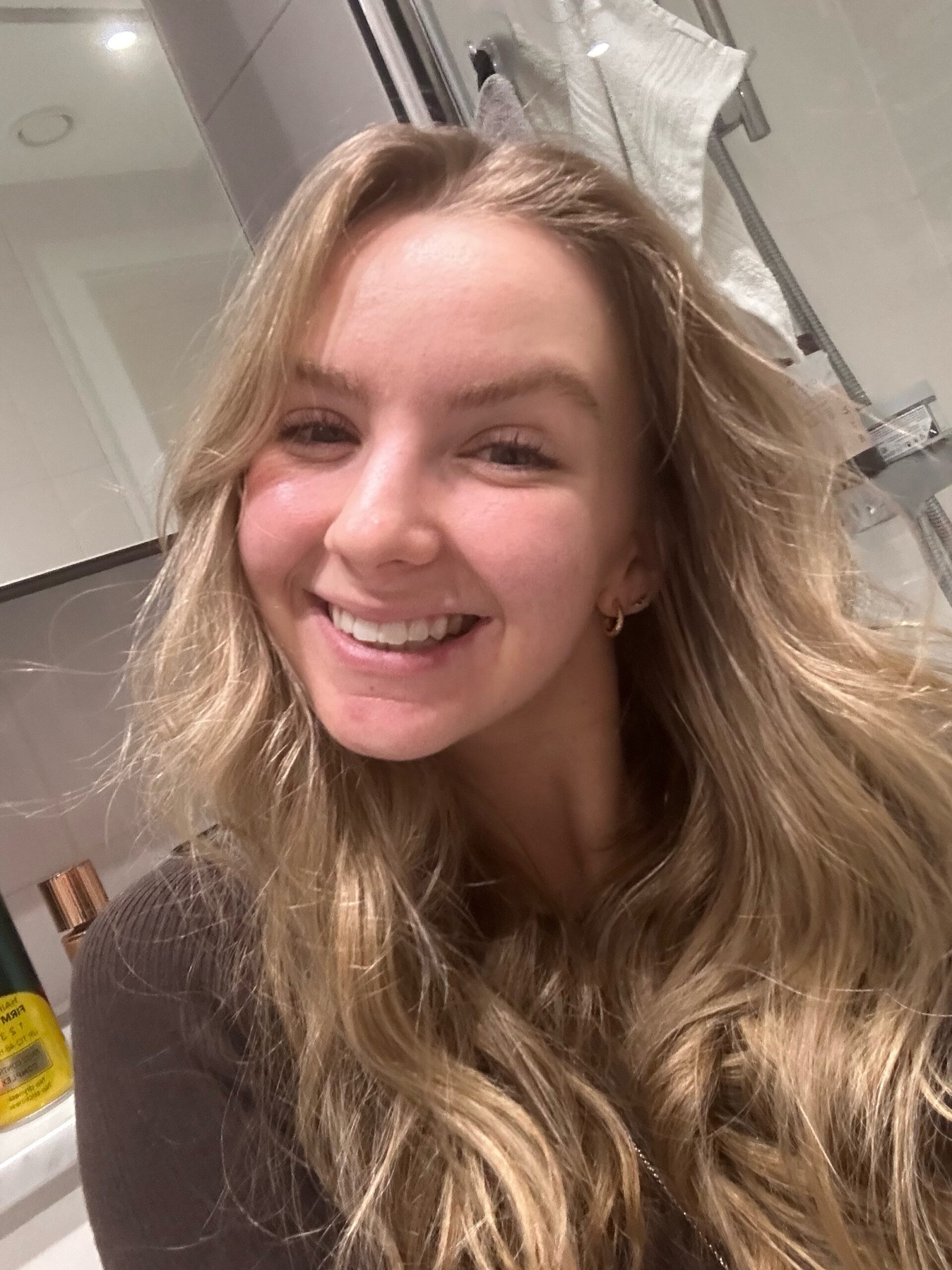
Overcoming Anorexia: Vicki Roberts' Story of Resilience
“Anorexia is like the devil on your shoulder you do not know when it is going to come back up”
Trigger Warning: Anorexia and Suicide
My name is Vicki Roberts I was originally from Milton Keynes and then moved up to Manchester at 18. At the moment, I’m running A Balanced Collective, an operations strategy company but I have had a long and tumultuous journey!
I was and still am very close with my parents who are both amputees. It meant I grew up in a place of empathy and meant it was a very close family. I did ballet but, my brother was a better ballet dancer than me.
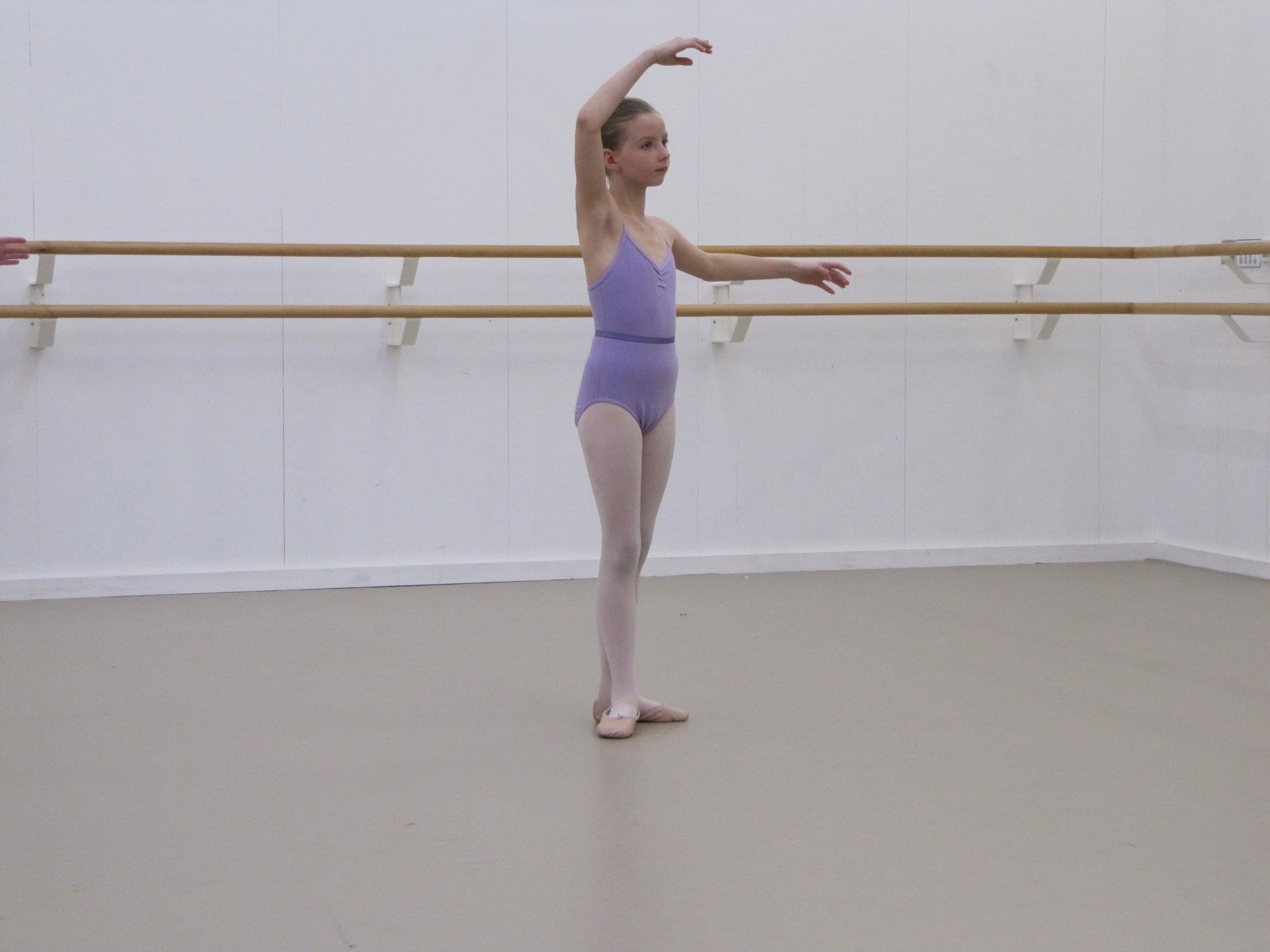
My family was myself, my older brother, mum and dad. I was a bit of a class clown, but also a Teacher’s pet. I was talkative in my first school but when I moved from a state to a private school I developed mental health issues.
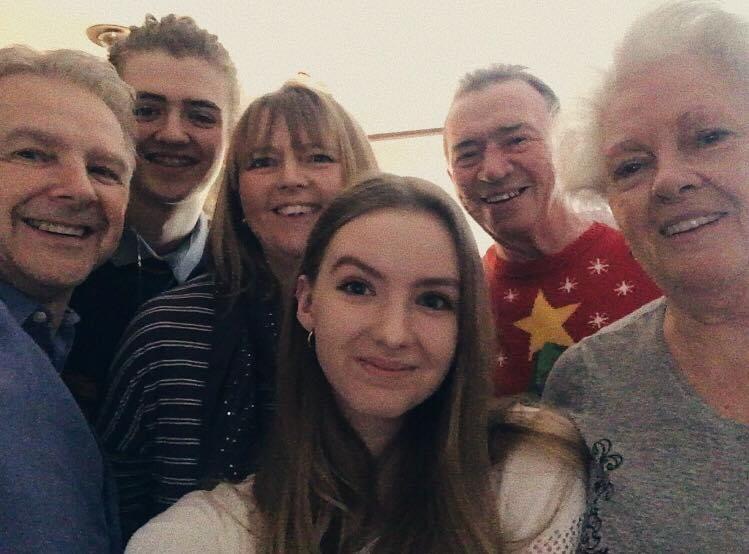
The transition from state to private school initially filled me with excitement. It was an all-girls catholic school but I very quickly became a very different person. I lost confidence and became very shy and introverted. I felt I had lost my identity. I could not be myself anymore. At the school, I felt increasingly isolated and for the first time self-harmed at 10 or 11 years old.
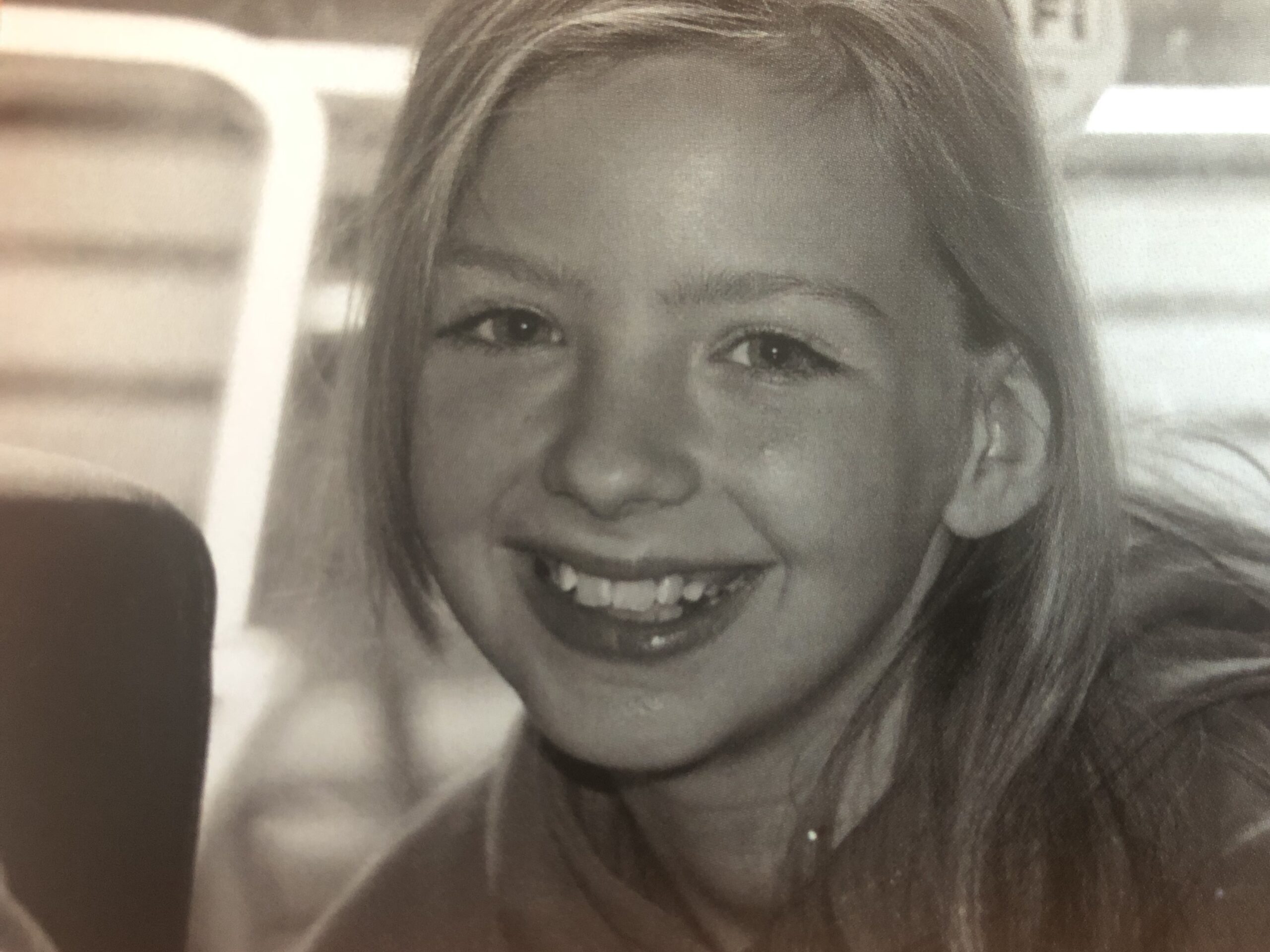
My dad was the fun dad. Everyone thought he was super cool (which he is) but when he found out about my self-harm it was the first time I saw him cry. When my mum found out she pulled me out from the secondary school. I realised I was silent. I had lost my ability to speak. When a teacher asked me a question I would shake, when someone tried to talk to me my heart would start to pump out of my chest. The swapping of schools meant I struggled to have a fixed friendship group. I moved around friendship groups. I feel I often came off as mean as I had to deal with my problems by outwardly pushing my struggle onto others. As a kid, I lacked the skills to deal with my problems.

I went to therapy for the first time in year 9 through the school but I still found it tough to open up to people. I was a stubborn kid with mental health. My father and I had a tumultuous relationship growing up which did not help. My brother and I constantly butted heads.
Left school after doing my GCSEs. I was a very average student. I moved schools for sixth form and within a couple of months I fell into a group of girls where there was a lot of high school drama. I had always felt a bit insecure about my height which this group of girls highlighted. This led to me starting to control my eating. After losing some weight I felt pretty for the first time.
It became obsessive very quickly. I began with starting to track calories and going to the gym. I went down rapidly from a standard 2000 to 1800 to 1600 to 600. Even down to 200 then 100 and finally just 50. I would have a few chopped-up cucumbers and carrots with some hummus with diet coke and that was it.
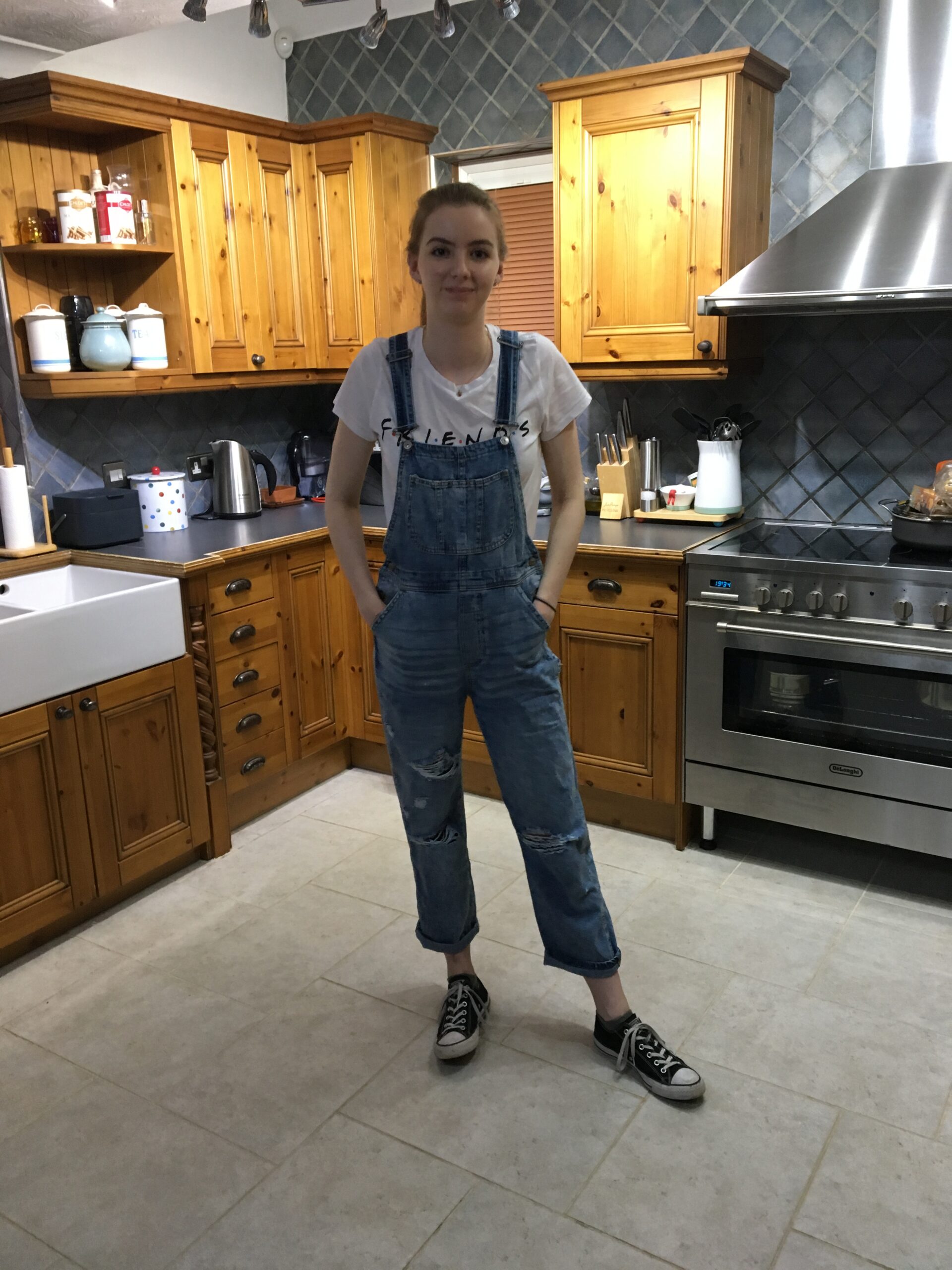
I only had a 15 percent attendance at school. Again I isolated myself from my family, I knew I needed help. My body weight went from 70kg to 48kg. Cut off all food. Set myself a challenge to not eat for as long as I could. I still felt ugly in my body that’s what body dysmorphia does. I went to A&E with blue lips. All night I held the water drip to prevent water from getting in. I was scared of showering as I feared the water would get under my skin.
I was sent to an in-patient facility for anorexia. I felt guilty for having a bed when other girls struggling too. Eating disorders are very competitive with a large part of it being compared to others. I remember being embarrassed telling the warden nurse that I was on 50 calories and that it wasn’t enough to warrant me being there. I was wheel-chaired in to prevent me from burning any extra calories.
They tracked how often I went to the toilet, restricted toilet access, and even stopped my knees bobbing. They slowly introduced refeeding where my calorie intake went up.
You are in a ward with others struggling and you are constantly comparing yourself to others. My friend Rachel would come up to my bed and we would do secret late-night workouts. I did make friends for life there. There was a Nurse called Abraham who could do an amazing backflip.
Anorexia has a high mortality rate. A couple of girls there died from suicide. Eating disorders often come alongside other illnesses. For me I was there for half a year, I wanted to get out including putting weights in my bra to weigh heavier on the scale. Your whole brain is hyper focused on weight. I was referred to a dietician however at the age of 18 all support was cut back and you’re left alone. There were limited adult services but it meant reapplying. I had had such a negative experience with certain doctors telling me I was not thin enough to have treatment despite anorexia being a psychological issue, not a physical one.
I turned my back away from support services. I had a couple more relapses. Anorexia is like the devil on your shoulder you do not know when it is going to come back up. I still worry about whether it will come back. For example, if I decide to have children I don’t know how I’ll react to my body changing.
Now I have a business and a partner. I have other important elements in my life which I believe have really helped me and almost forced me to not get back to that stage. I have a far better support network now with my family now understanding my triggers. I used to sleep all day every day. It truly ruined my whole life, so having this bigger, wider purpose now forces me to keep pushing through.
I had felt useless at school, not caring about A levels and not seeing a point to life. I had gone through suicide attempts before but now I have enough beauty and people I care about in my life to see how it truly is worth it.
Suicide is a selfish act in it will have such a massive effect on those around you. But will they be at a stage where they can even think? I remember crying on my kitchen floor writing letters to my parents about how sorry I was. But I could just not see any way out. Depression is so painful, it’s the most excruciating pain yet it’s all psychological.
My story of battling these various mental health issues is unique. Everybody’s experience is unique with their battles.
Aside from the gym’s closing which slowed my weightlifting, throughout COVID had a great time. I became an elderly carer and loved chatting with people. Worked throughout COVID and started my own business. Within 5 months I moved up to Manchester.
I had hopped around jobs constantly getting bored if I wasn’t doing something. I wrote a letter to the person who ran the care company about having poor staff pay and weak schedules. I started freelancing throughout COVID and my organisational passions that I always had came to fruition. I kept getting more clients and now we have 5 staff members!
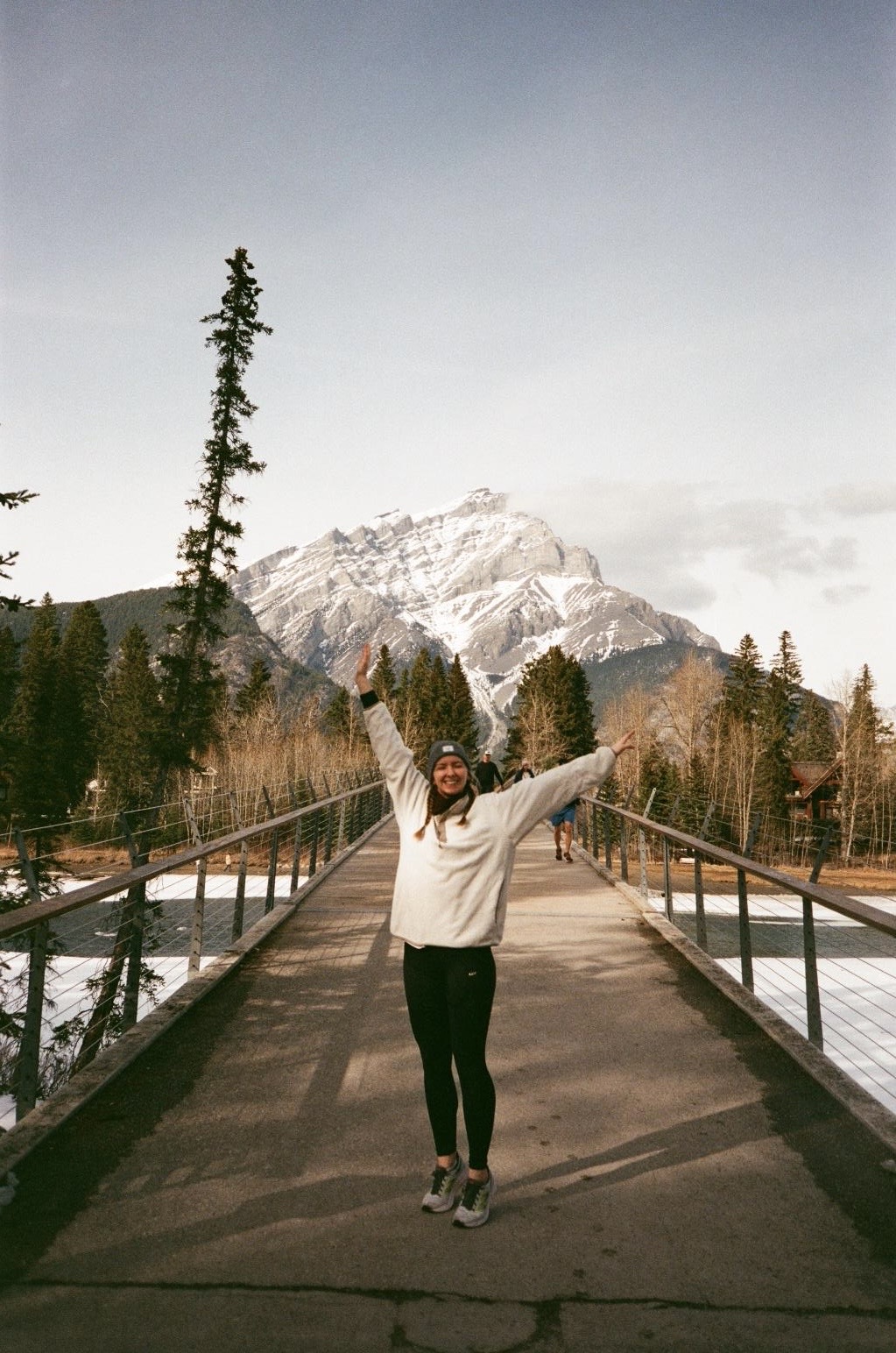
Businesses grow but often their operations are unable to support this growth. I work with these businesses to get their background operations up to scratch. We look at long-term goals and get them to run efficiently. People are not just their company, having to balance personal problems with a work life can be tough. The company has become better and better at being healthy for me and our employees.
The reality is most people will always struggle with what they have always struggled with. I feel great now and the couple of months look great but you simply do not know what is around the corner. I now live to know that appreciating the silly little moments like playing hide and seek in IKEA is important, they are the things that will make me feel fulfilled in life.